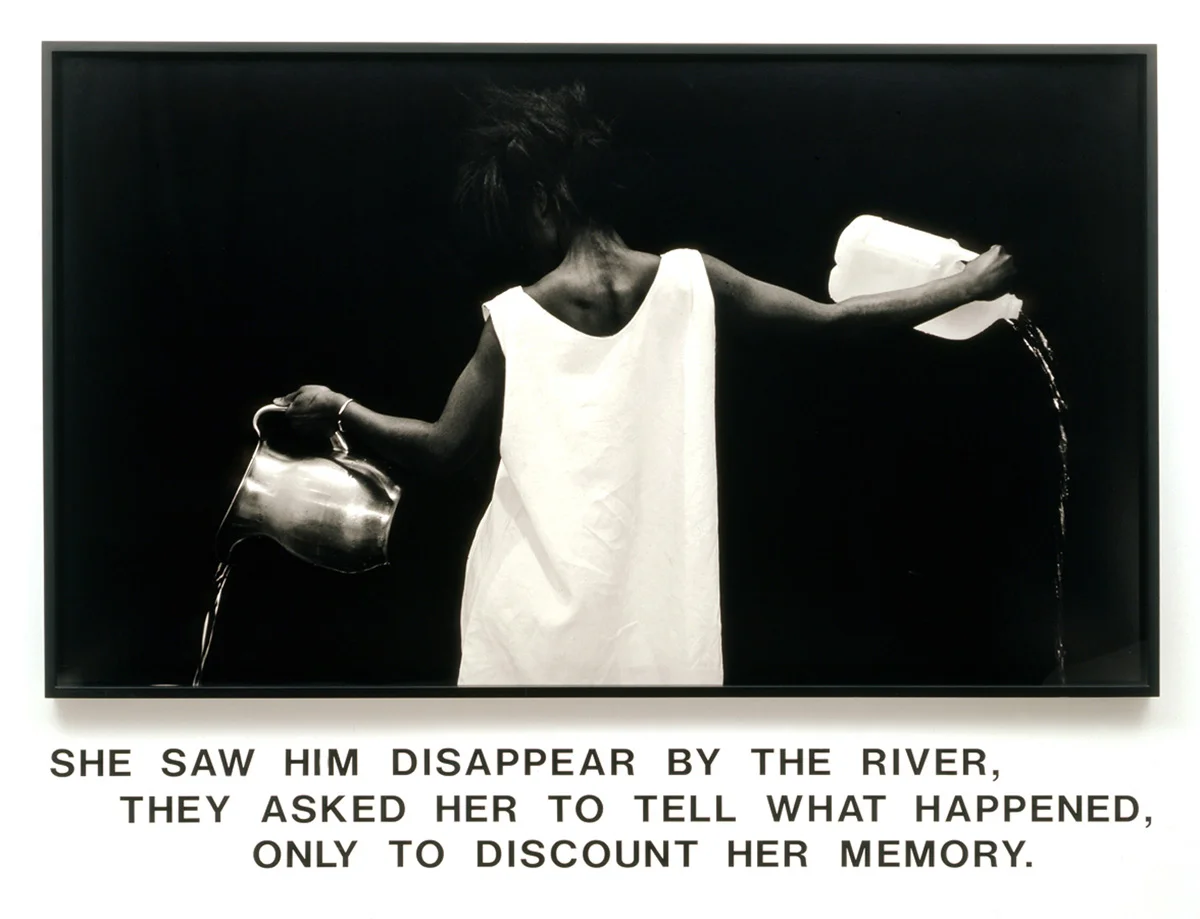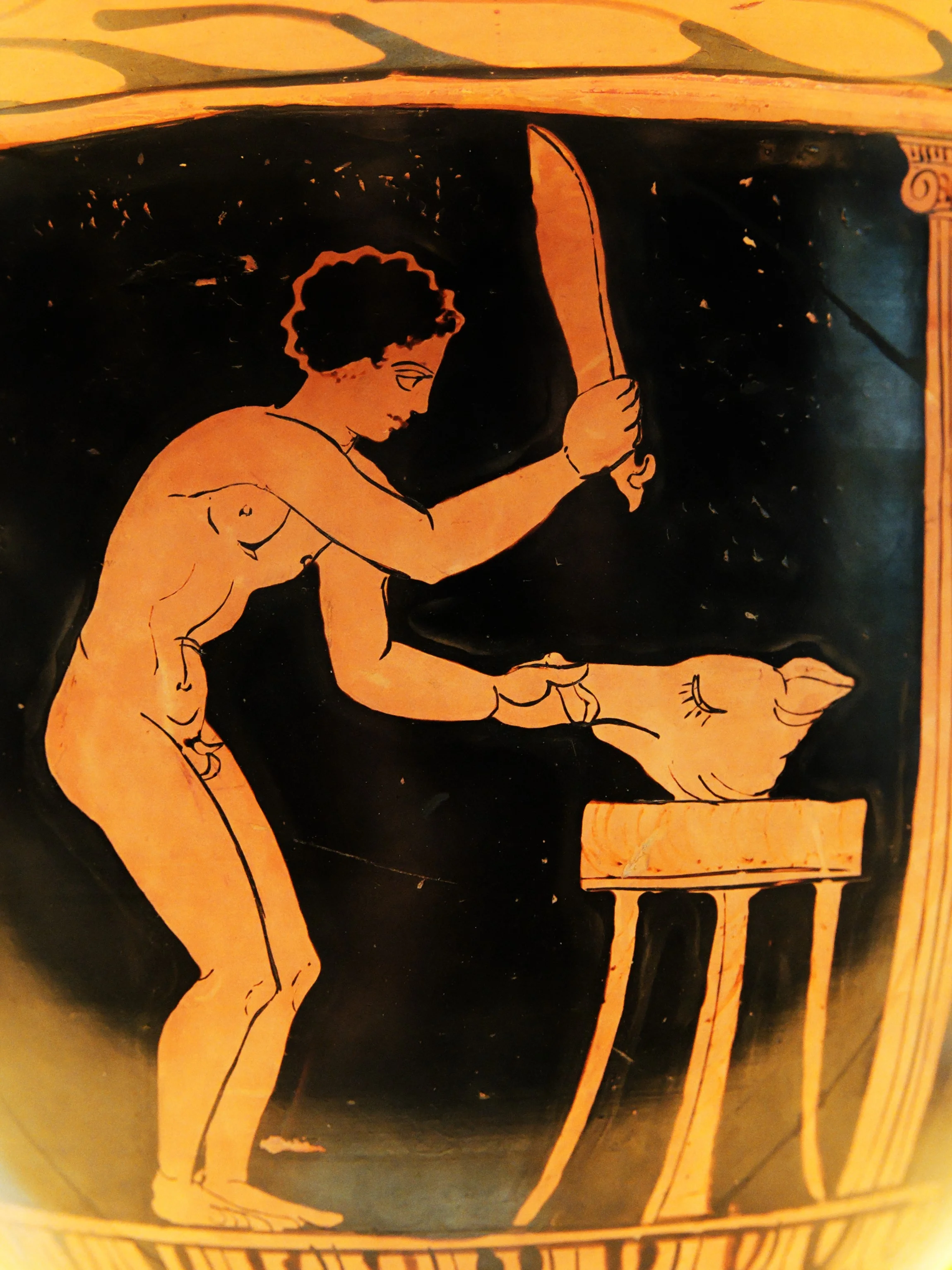Solitude, pacifism and religious feeling, as seen by Albert Einstein.
“The fairest thing we can experience is the mysterious. It is the fundamental emotion which stands at the cradle of true art and true science.” - Albert Einstein
Universally known by his discoveries, today Albert Einstein is an icon both of popular and scientific cultures. Aware that his singular position as academic granted him influence beyond Physics, Einstein defended some of his political worries and humanistic aspirations. In his letters and essays we find a person worried about the future of humanity and in conflict with problems that also affected him personally. The militarism, the fanatic nationalism and the anti-semitism are always targets of his critics.
Originally published in 1931, his essay “The world as I see it” shows how, even before the rise of the Nazi regime and his unconfortable relation with the nuclear race, he already had a well formed political and humanist line of thought. Conscious of his limitations and sober despite what the world saw in him, Einstein writes:
“Each of us is here for a brief sojourn; for what purpose he knows not, though he sometimes thinks he feels it.”
“Schopenhauer’s saying, that “a man can do as he will, but no will as he will,” has been na inspiration to me since my youth up, and a continual consolation and unfailing well-spring of patience in the face of the hardships of life, my own and others’.”
By praising empathy not only as a objective of his life, but also as a something to be pursued, Einstein show his worry in fighting against the brutality of the world:
“My passionate sense of social justice and social responsibility has always contrasted oddly with my pronounced freedom from the need for direct contact with other human beings and human communities. I gang my won gait and have never belonged to my country, my home, my friends, or even my immediate family, with my whole heart; in the face of all these ties I have never lost an obstinate sense of detachment, of the need for solitude – a feeling which increases with the years.”
At the same time his efforts to connect with other people demanded great effort he also noticed that the incomprehension and the struggle was reciprocal. To him, this reticence in relation to how people saw him was extended to his own ideas, even less understood in his time than today:
“It is an irony of fate that I myself have been the recipient of excessive admiration and respect from my fellows through no fault, and no merit, of my own. The cause of this may well be the desire, unattainable for many, to understand the one or two ideas to which I have with my feeble powers attained through ceaseless struggle.”
Militant pacifist, the militarism is the only subject that makes him go beoynd the critic, showing even contempt for the armed forces. These and other of his more progressive reivindications granted him the label of left militant by the US government, reason for the serious precautions to keep Einstein out of the Manhattan Project:
"This topic brings me to that worst outcrop of the herd nature, the military system, which I abhor.
[…]
This plague-spot of civilization ought to be abolished with all possible speed. Heroism by order, senseless violence, and all the pestilent nonsense that goes by the name of patriotism – how I hate them!"
Despite being upset about the distance between him and other people and his insatisfaction with some of the pillars of the society, he's still optimistic enough to say:
“And yet so high, in spite of everything, is my opinion of the human race that I believe this bogey would have disappeared long ago, had the sound sense of the nations not been systematically corrupted by commercial and political interests acting through schools and the Press.”
The organized religion and the bling theism don't go unscathed under his critic eye. He put himself closer to common poeple when talking about his fears and doubts and admiting his religious feeling about the inescrutable nature, however, his distance is clear when this feeling leads to conceptions incompatible with his ideas:
“The fairest thing we can experience is the mysterious. It is the fundamental emotion which stands at the cradle of true art and true science.
[…]
A knowledge of the existence of something we cannot penetrate, of the manifestations of the profoundest reason and the most radiant beauty, which are only accessible to our reason in their most elementary forms – it is this knowledge and this emotion that constitute the truly religious attitude; in this sense, and in this alone, I am a deeply religious man. I cannot conceive of a God who rewards and punishes his creatures, or has a will of the type of which we are conscious in ourselves. An individual who should survive his physical death is also beyond my comprehension, nor do I wish it otherwise; such notions are for the fears or absurd egoism of feeble souls. Enough for me the mystery of the eternity of life, and the inkling of the marvelous structure of reality, together with the single-hearted endeavor to comprehend a portion, be it never so tiny, of the reason that manifests itself in nature.”
Short and rich, this essay is important because it shows us how things can walk slowly, since being pacifist, defend the ones who need and criticize religious absurdities are lines of thought still regarded as progressist. But from Einstein we can learn that any possibility, be it big like the ones he had or small like the ones from our daily lives, have to be used to replicate the ideas we need.
Einstein wasn't the only one to point the brutality of his time, Franciso de Goya also witnessed how the hateful military institutions are one of the greatest obstacles to civilization. Thinking about culture it's worth to take a look at Joyce's view of the cultural formation of the modern man.
On pigs and censorship, a declaration of intent
“It's despite this destructive impetus that the selection of ideas pays off and the internet can be the best outcome.”
When we think about evolution and about how genes replicate themselves it's hard not to associate it only with chemistry and biology, but genes are basically information, therefore, evolution is a process which selects the best codes or sets of information. From this it´s possible to find other flows of information present in our daily lives that we usually don't see under evolutionary lights. This other category of information refers to the ideas itself or memes, term created by Richard Dawkins. Here the definition of memes includes but doesn't restrict itself to what the internet understands by meme: viral texts and images. The meme is the smallest functional part of an idea and could, in a rough manner, be considered it's gene.
To cook wasn't always common, hundreds of thousands of years ago a work of genius was to discover that, for example, a pig could be food and probably would be much tastier after cooking. According to the primatologist Richard Wrangham, cooking allowed us, by improving our digestion, to develop our brains to the point they exist today. This meme still exists and was selected for being well adapted and although in this specific case it's a beneficial meme it doesn't mean that any well adapted meme is good for us. History shows us that memes related to slavery, misogyny and racism are also very resilient and hard to be abandoned
Before the invention of writing we had to rely on oral tradition and visual methods like drawings, dances and representations through clothes and masks to preserve and propagate memes. Some memes don't last, others, like the meme of cooking, can last for a long time and just as similar genes can exist in different species also a meme can perpetuate itself on a variety of forms, be it paintings, music, poem or even architecture.
On the other hand ideas are active (or alive, if you prefer) only while handled by the human mind, like the living beings, they depend on the environment to propagate. These memes get popular not because they're “good” or “bad” but due to their level of adaptation and their environment is the mind and the society of each human being that's dealing with them.
It's easy to identify ideas that behave like diseases. Homophobia, for example, is a prejudice whose memes are being fought in Brazil creating the need to disseminate other memes that refute and deconstruct this source of stupidity. This process isn't simple nor fast and nothing can grant that it will last.
The fight against racism began a long time ago and from a historic perspective there's some changes, although far from any passable level. These changes happened because the memes that supported the most radical forms of this prejudice are less present in our society now. It only happens due to a conjunctural transformation that goes beyond the existence of theorys and ideas that tackle the problem. To create the right memes and systems of repudiation isn't enough because they must be shared and replicated by the majority of the society to be effective.
Libraries, museums and cinematheques preserve and expose memes that sometimes were circunscribed to their time, region or culture and can't find space to perpetuate themselves, like happens with works of ancient societies and religions or with the art produced by minorities. Museums are gathering so many people because this diversity of memes shows us a broader concept of humanity. The technical hability matter less because in a museum it's the perception of our own fears and aspirations depicted in works of people we regard as “they” that generates empathy. Sadly the term “they” doesn't include only extinct societies, usually it's about our contemporaries also and this is the reason why these institutions must be open to what's being created today. To perceive that “they” are like “us” is one of the greatest feats of art. This understanding arises not only from the exposed pieces. The collection being cured by the institution benefits from the predisposition to empathy from the visitors to create an environment that would hardly be possible outside these plural spaces.
The aim of preserving and sharing not only old memes but also this less obvious sense of empathy is achieved both by the physical space and the subjective existence of these institutions. At museums it's not hard to find less important pieces, sometimes almost irrecognizable fragments of ancient civilizations that would pass unnoticed anywhere else, having lines of people to see, even with certain reverence, a degraded piece of clay. We visit musems with a good will towards the exposed pieces and their creators, being disposed to appreciate their culture, to understand them and see their mistakes and atrocities not as something that devalues them but as important lessons.
It's this feeling of human congregation and reverence for art that any form of censorship, be it for moralist or political interests or in the name of some divinity, struggle to destroy and when it comes to memes it isn't the same as banishment or disuse. Few societies today even tolerate a serious discussion about slavery because this meme is out of circulation as a achievable idea and simply isn't accepted. However, Aristotle advocates in favor of slavery at his “Politics” and we still study his books instead of destroying them or censoring these parts. Freedom includes responbilities like knowing how to deal with informations and how to ensure that our descendents will not be penalized by our acts. Obligations that cover the constant caution with bad memes but also the preservation of their history. We would be poorer without this knowledge, the suffering that ideas like this have caused is a lesson which we can't forget without accepting the risk of having to learn it all over again, maybe with greater hardships.
That's why we don't erase the holocaust from history and that's why we have holidays like the black awareness day. It's hard to understand a holiday as something important, specially when the fight has changed without being updated at the colective social mentality as occurs, for example, with feminism at International Woman's Day. Having a day like this is to grant that at least once a year this debate will not be ignored. Holidays are a colective tool of exposition and rescue of memes, reason why we should give more attention to the meaning instead of the free time they allow.
The disrespect to freedom of speech and the religious radicalism aren't new, groups like ISIS exist to prove that we will not be free of this threat anytime soon. At Brazil the operations of the Military Police during the protests showed beyond their usual unpreparedness also a disrespect towards the political expression. Those groups don't enrich the debate, their violent actions are the own denial of the dialog, they're anti-meme agents. It could have been catastrophic if in the past some kind of police force repressed cooking because they felt empathy for the other pigs or simply desired to maintain the conservative custom of eating raw meat. Happily the means to avoid the repressive constraints were always one step ahead. It's despite this destructive impetus that the selection of ideas pays off and the internet can be the best outcome.
On the digital media the information isn't at such a precarious situation like what happens to single manuscripts of ancient epics carried by the minds of elders. The wild destruction and the censorship are still no match to the internet. The least we can do is to occupy this space to digitize all the memes we can, not because to read a e-book or to appreciate a 3D render of a sculpture are better than the originals, but because this is a way to preserve and share memes and a method to undermine the censor using his own ignorance. While online ideas mate and collide with the same importance that death and sexual reproduction have to living beings, ideas are breed on the internet. Here gods bleed and authorities fail and it's up to us to realize this subversive potential.




